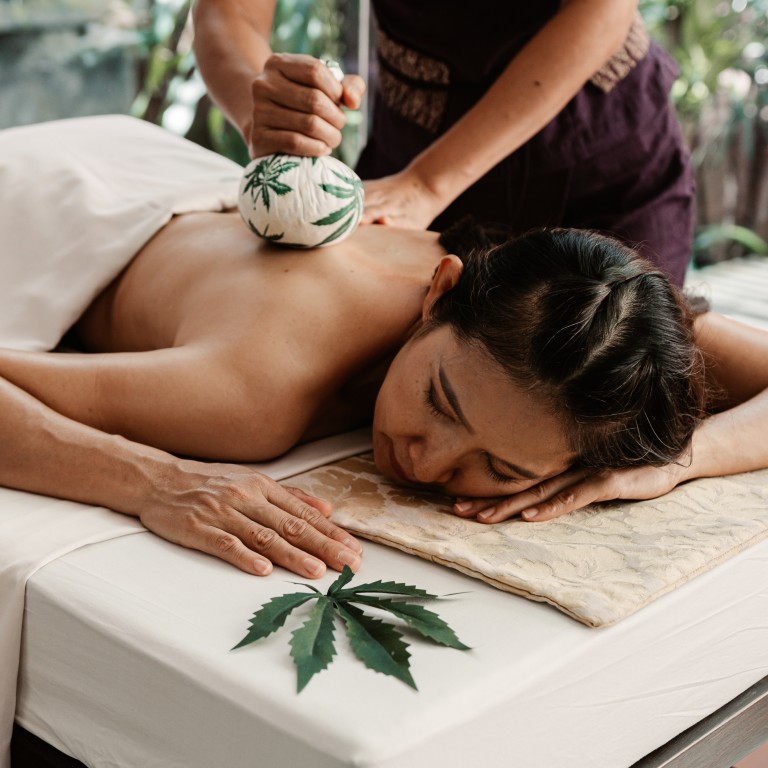
Cannabis culture blossoms in Chiang Mai, Thailand – in drinks, food, clothing, massages and medicines
- Thailand is delisting cannabis as a narcotic, and the plant, traditionally used in the country for medicinal and culinary purposes, has potential as a cash crop
- A visit to Chiang Mai, in the north, reveals shops, restaurants, clinics, even five-star hotels and spas selling marijuana-related products and services
Few plants are as controversial as cannabis, which has been deified and demonised throughout human history. And few places in Asia are as enthusiastic about the tourism potential of cannabis as Chiang Mai, Thailand.
The drug derived from the cannabis plant goes by many names – among them marijuana, weed, hemp, grass, dope, pot, Mary Jane, herb, bhang, 420 (April 20 is World Cannabis Day) and ganja.
The plant was employed in Thailand as a traditional medicine and to stimulate appetite, but using it was criminalised in 1935, and in 1979 it was classed as a Category 5 drug, meaning anyone caught in possession of it faces the threat of imprisonment for up to five years and a fine of up to 100,000 baht (US$2,900).
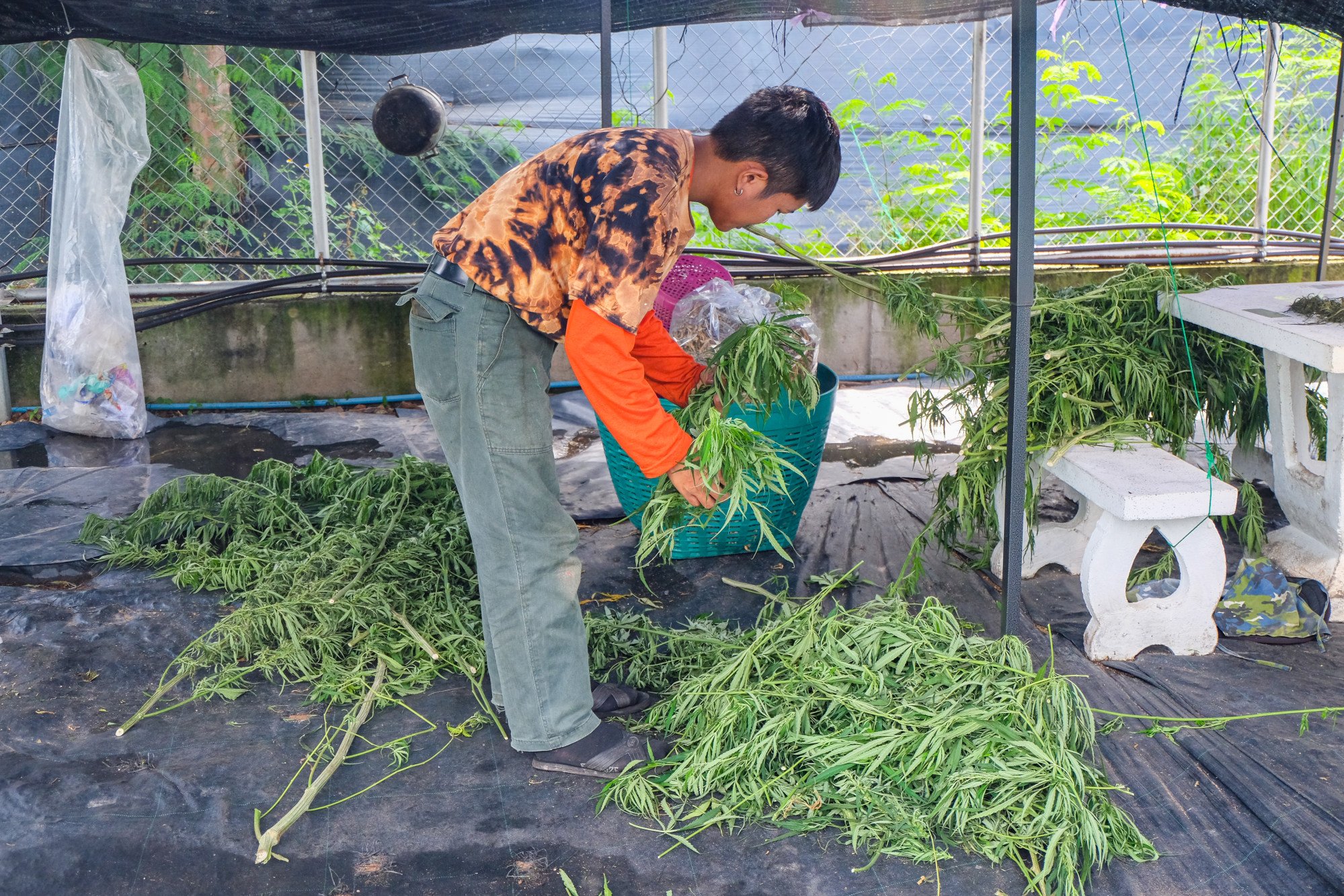
Despite these restrictions, during the 1960s and ’70s, Thai sticks – high quality cannabis buds tied to a stick with silk, produced by tribal groups in the north of the country – acquired an international reputation for their potency.
In 2019, the Thai government approved the use of cannabis for medicinal purposes, and in 2021, extended this to the sale of food and cosmetic products. On June 9 this year, cannabis will be delisted as a narcotic in Thailand and anyone with a licence will be able to import, possess, grow and produce it.
Thailand to axe jail terms and fines as it decriminalises marijuana
The delisting will benefit those who use CBD applications, and the Thai Food and Drug Administration has already received thousands of applications for licences. Growers are warned that the level of the psychoactive ingredient that produces a “high” in extracts of their plants must not exceed 0.2 per cent.
The easing of constraints on the use of cannabis has been welcomed throughout the country, but Chiang Mai in the north has taken a leading role, with cafes and restaurants, hemp clothing shops and cannabis clinics all offering the plant in various forms.
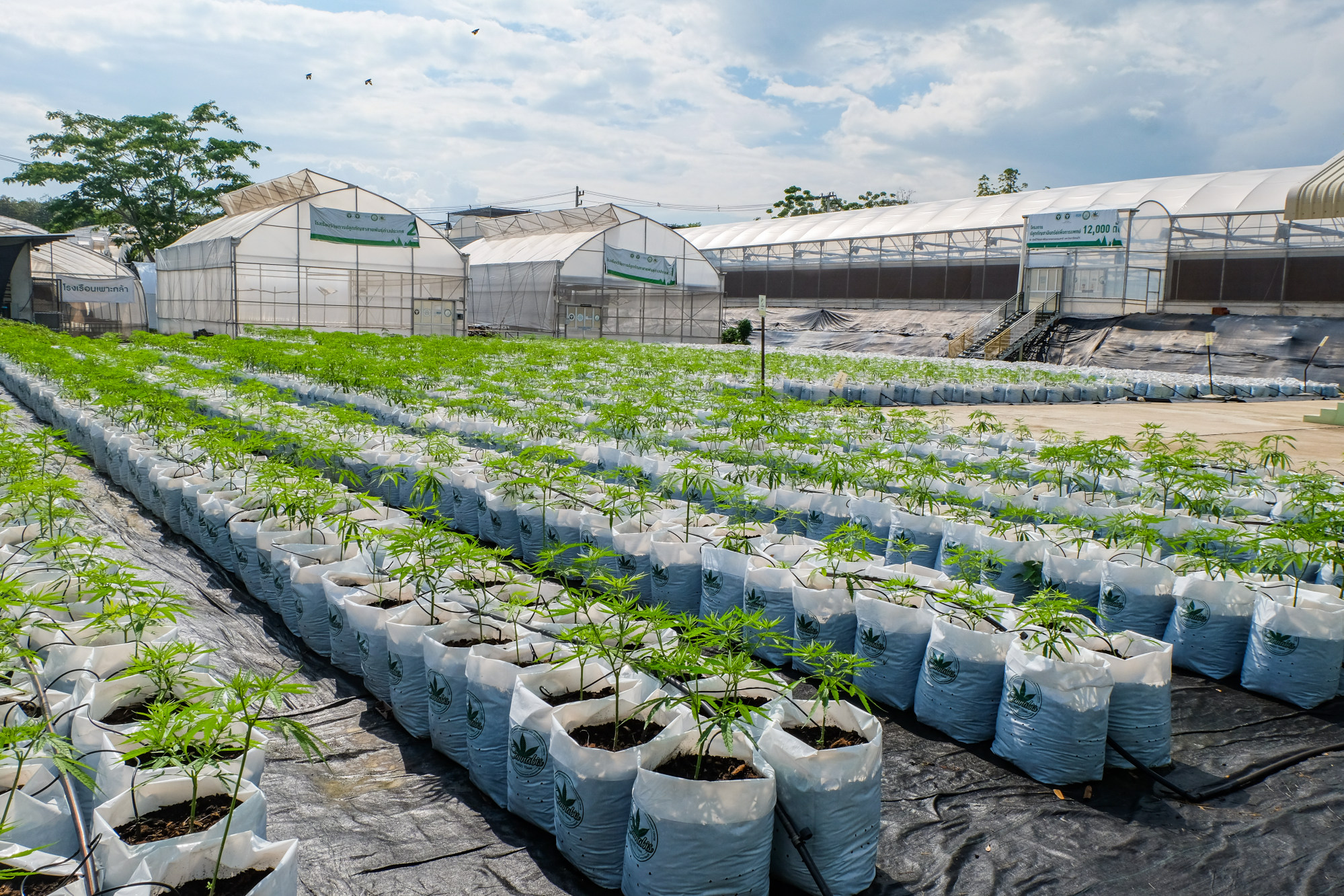
Meanwhile, just outside Chiang Mai, researchers at one of the country’s leading agricultural facilities have been developing new strains on their 145-hectare (360-acre) farm.
“Our research is aimed at producing the ideal strains for certain medical treatments,” says Professor Arnat Tancho, who heads Maejo University’s Natural Farming Research and Development Centre. “We use a combination of organic farming and smart technology, and we are currently testing 60 different hybrids with different ratios of CBD and THC.
“We expect the upcoming change in the law to increase Thailand’s role as an exporter of cannabis products. The health ministry also plans to legalise recreational use of the plant in ‘sandbox’ areas, especially where tourists congregate, such as Chiang Mai, Phuket and Ko Samui,” he says.
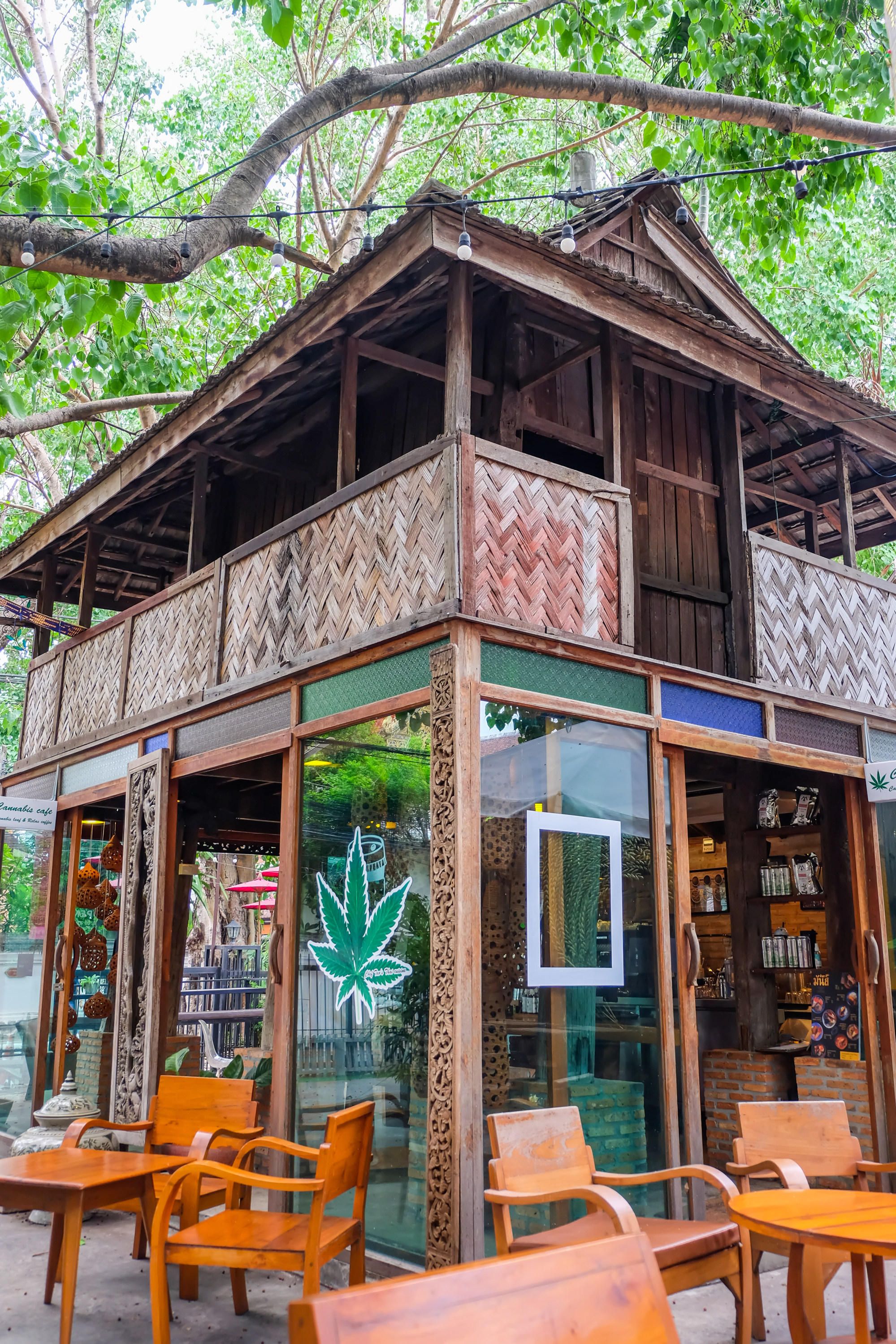
So where can you find cannabis products on the streets of Chiang Mai? The Sunday Walking Street (4pm-10 pm), on Ratchadamnoen Road, in the old city, is a good place to start. Among the stalls selling souvenirs, snacks, artwork and fashion accessories are a few vendors selling cannabis drinks in various flavours.
On a nearby quiet lane, the Cannabis Cafe emits a cool vibe and spacey sounds. Two converted rice barns and a compound shaded by an enormous bo (bodhi) tree provide the ideal ambience in which to sample a few CBD products: coffees, sodas, biscuits, tea and inhalers.
“In my grandparents’ day, cannabis was used for seasoning food and for easing aches and pains,” says the cafe’s owner, Chef Tao, who also runs an adjacent restaurant and chef’s table. “Now, the younger generation are curious about the plant, so I wanted to provide a relaxing environment for people to sample our products.”

I nibble on a cannabis biscuit and sip an espresso coffee as we chat. The espresso perks me up and, although there is no noticeable taste of cannabis in the biscuit, I slip into a tranquil mood and feel fully focused as I wander around Tao’s compound taking photos.
The Service 1921, at the Anantara Chiang Mai Resort, is one of many restaurants in the northern Thai city that offer cannabis-infused cuisine. “The herb is well suited to Thai food, with its strong flavours,” says executive chef David Eldridge. “For example, our stir-fried beef is prepared with onions, garlic, chilli, basil and a handful of cannabis leaves.”
Guests at the Anantara can also quaff a Cannabis Fizzy while lounging by the Ping River, or settle in to a 90-minute Cannabis Stress-Relief Journey at the resort’s spa.
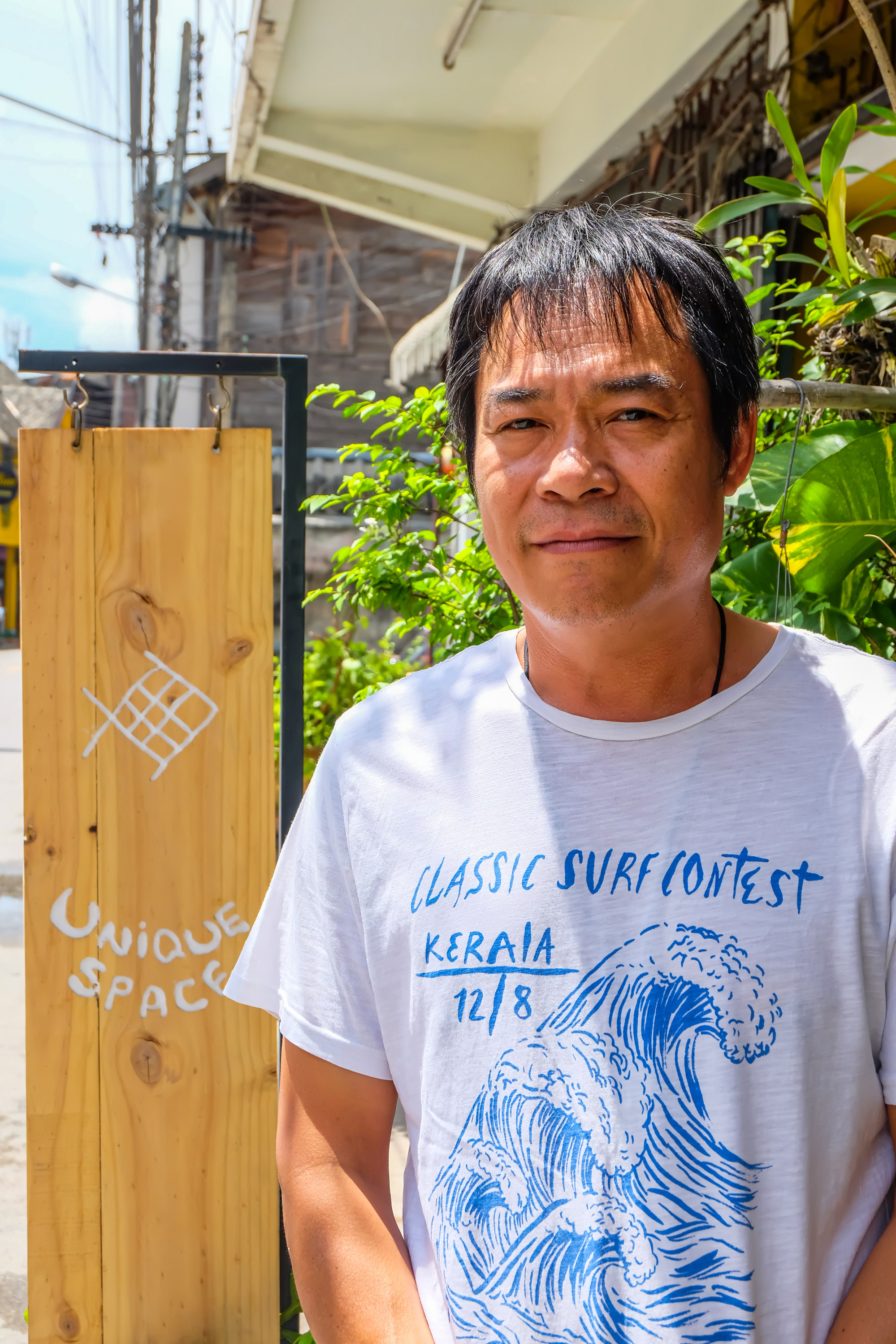
If you’d rather wear your cannabis than eat or drink it, drop by Unique Space on Charoen Rat Road, on the east side of the Ping River. The owner, Jirrutikan Bhuntusilpa, better known as Jimmy, is a mine of information about hemp – a type of cannabis grown for making rope and cloth – and sells clothing made by Hmong, Lua and Karen tribal groups.
“Hemp is an ideal fabric for clothes because it breathes easily and absorbs odours,” says Bhuntusilpa. “These days, people are looking for products that have simple designs and natural colours, so that’s what we focus on.”
He also sells hemp yarn, hemp balm and even hemp charcoal, which has uses in both cosmetics and medicine.
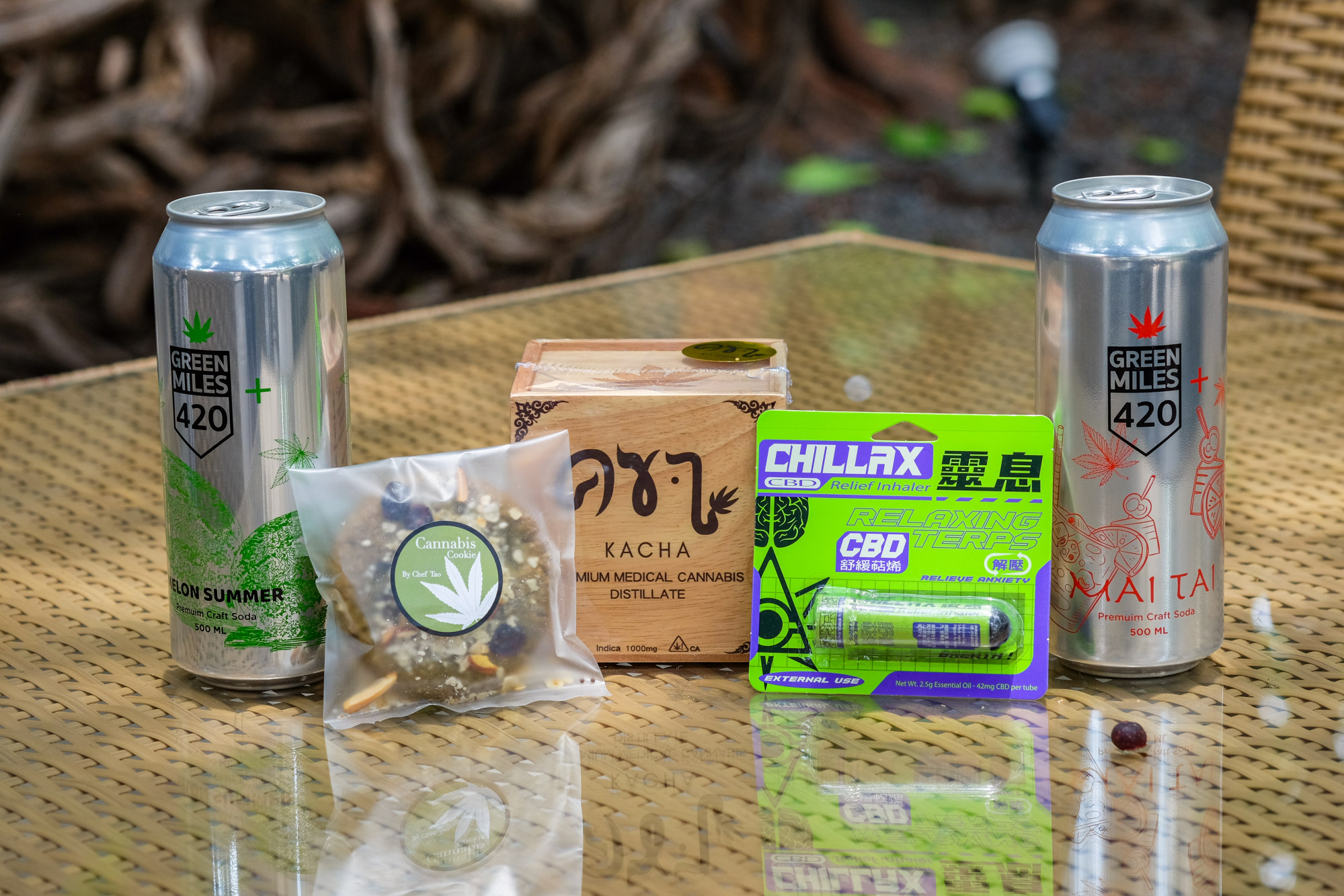
Charoen Rat Road meets most of the sleeping, eating, drinking, shopping and partying needs of short-stay visitors, but another area worth scouring for hemp clothing is that around Warorot Market, where shops such Nuntana, on the corner of Tha Pae Road, sell elegant, if expensive, garments.
The most significant recent developments in the use of cannabis in Thailand have been in the field of medicine. The country has a good reputation for medical tourism, including plastic surgery, dental work and wellness retreats, and the expectation is that the changes to the legal status of cannabis will enhance this.
“Unfortunately, many Thais still think of cannabis as a forbidden substance, but we hope that its delisting as a narcotic will encourage them to see the benefits it can bring for both physical and mental health conditions,” says Dr Ngamwong Jarusuraisin, who runs the Ingjai Mental Health Clinic in Chiang Mai.
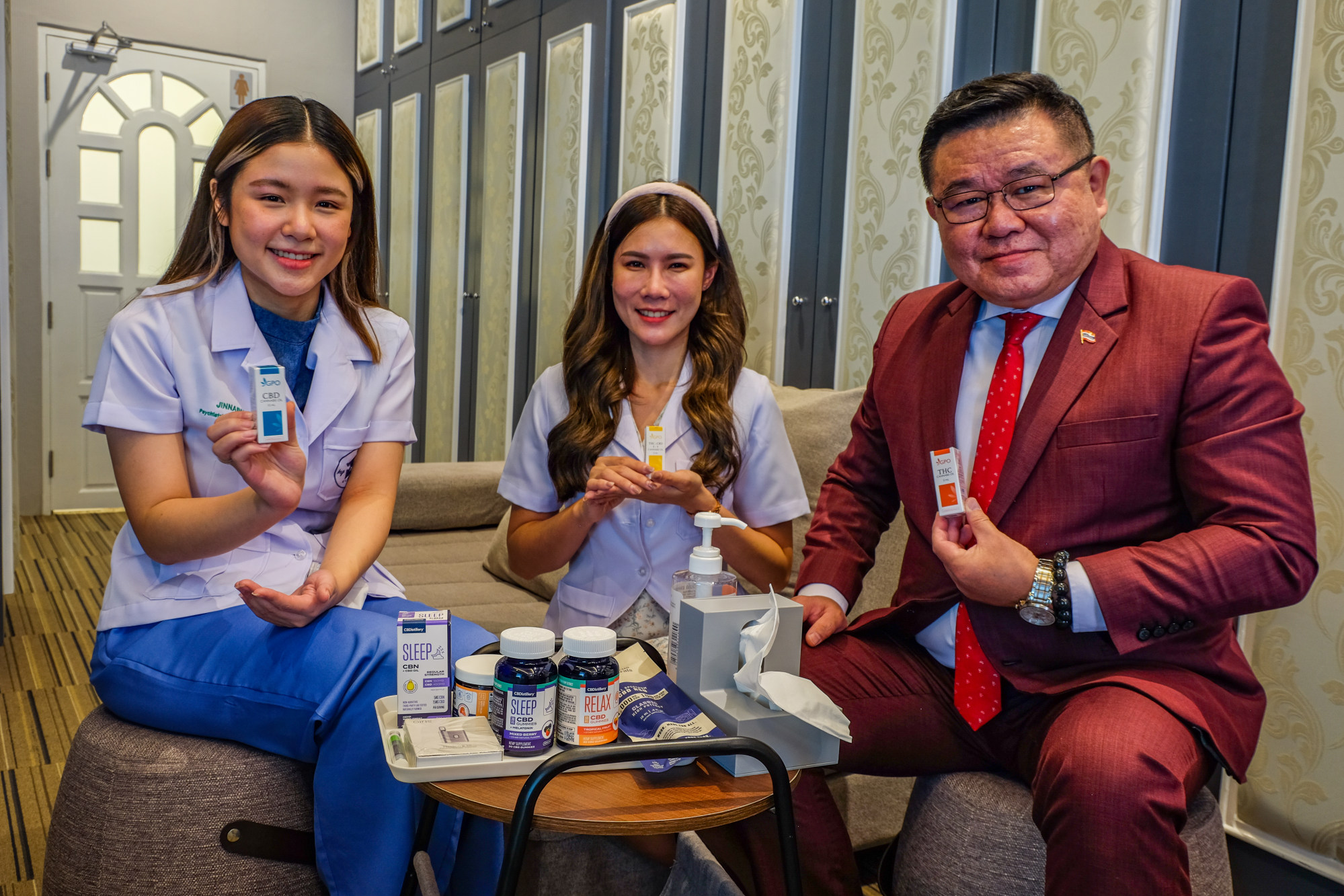
His clinic offers cannabis treatments for people who suffer from depression, anxiety and bipolar disorder, among other conditions. One of its clients, Nick, says that CBD medication has helped him with generalised anxiety disorder.
“I’ve had trouble sleeping for the past few years, but I find that a dose of water-soluble CBD before I go to bed helps me to overcome my insomnia.”
Whether Thailand does follow Canada, Mexico, Uruguay, South Africa and a number of American states in legalising the recreational use of psychoactive cannabis (by smoking, vaping or eating it in food) – and in the process become the first Asian country to do so – remains to be seen.
With the Thai economy still suffering from Covid-induced stagnation, such legalisation could provide the uplift the country sorely needs.
According to the Asian Cannabis Report, published by Prohibition Partners, advisers to the global cannabis industry, the projected value of Thailand’s medical cannabis market by 2024 is US$237 million per year. That could increase to around US$661 million if the drug’s recreational use was legalised.
In order to publicise the enhanced status of ganja, the country is preparing for a type of event that is popular in Thailand – a beauty pageant. Miss Cannabis Thailand will take place in the beach resort of Pattaya on July 7, and no doubt the plant will provide inspiration for the creators of the contestants’ costumes.

